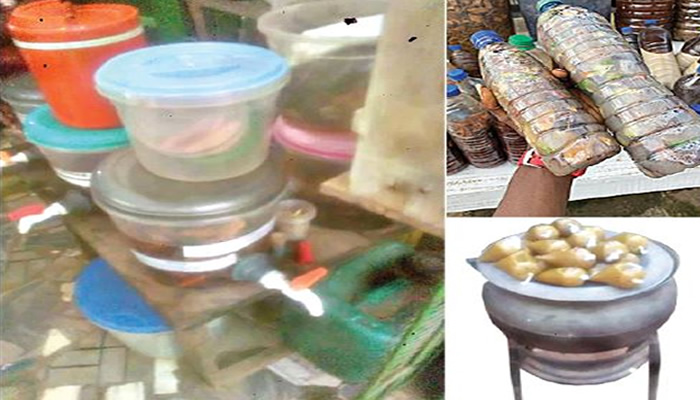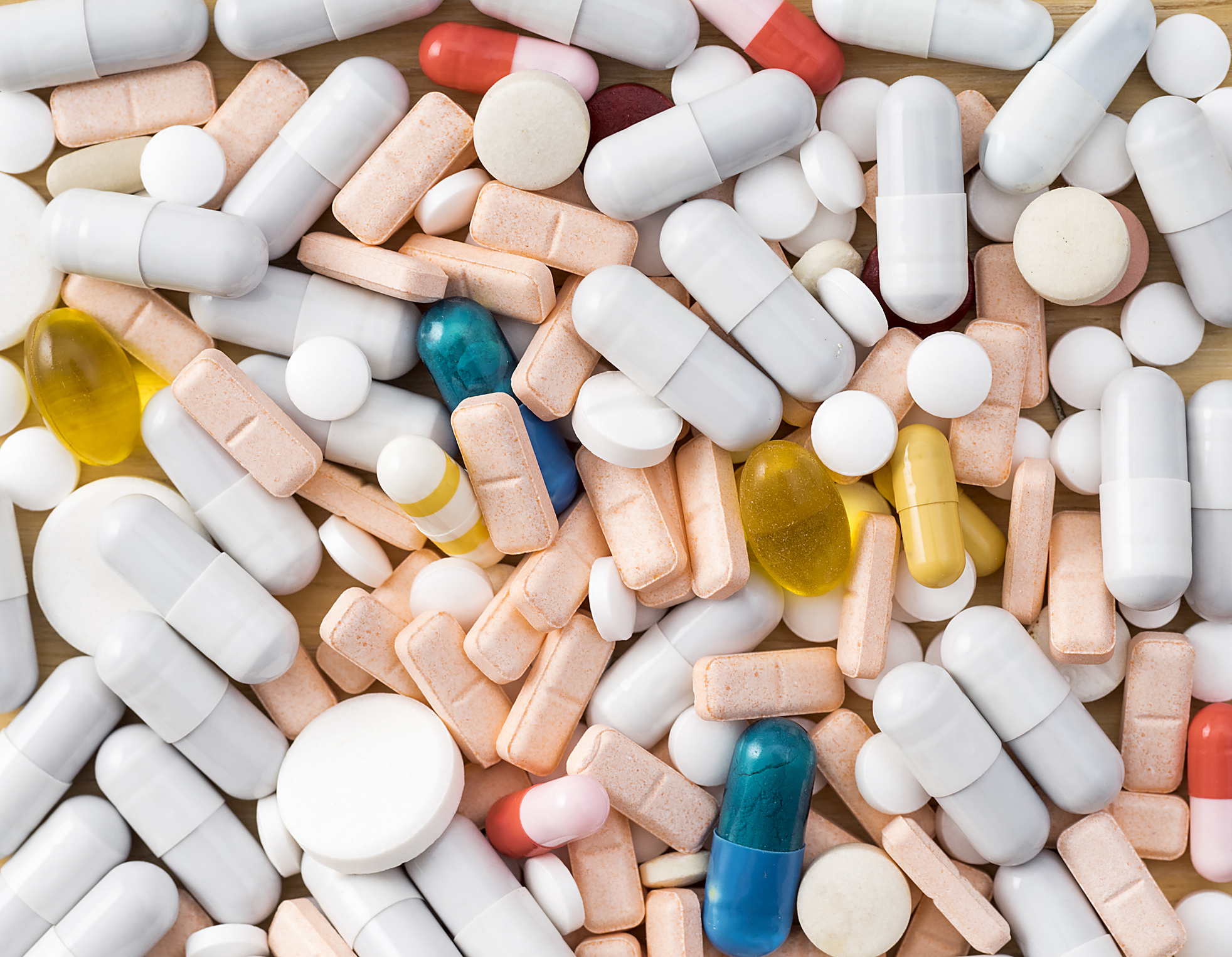News
Weak Naira And High Import Tariffs Lead To Soaring Drug Prices In Nigeria

Eko Hot Blog reports that the devaluation of the Nigerian currency, coupled with high import tariffs on pharmaceuticals, has resulted in a significant increase in the prices of essential drugs, with some medications experiencing spikes of up to 300 percent.
EDITOR’S PICKS
- Full List Of AFCON Awards As Ekong Wins Player Of The Tournament
- REVEALED! How Model Of Aircraft Carrying Wigwe, Wife, Son Crashed Multiple Times In 2023
- Tinubu Meets Tijaniyya Leader, Khalifa Muhammad Mahe Niass In Aso Rock (Photos)
This surge in drug prices has raised concerns about its impact on the health and well-being of patients, particularly those dealing with life-threatening conditions.
“The high cost of drugs is basically because of the exchange rate. Most of the drugs are imported, and local production is not being encouraged. Even when there is local production, most of the raw materials have to be imported, coupled with the high cost of energy for local production. Also, there is no corresponding rise in the living wage for the average earner,” explained Dr. Wale Lasisi, Chairman of the Nigeria Medical Association, Oyo State Chapter.
He shared a specific case: “Recently, we had a case of a patient who was being treated outside in a private facility, and by the time the patient came to the government facility, the drug was changed to the branded drug, within 24 hours, there was a massive improvement.”
The Diabetes Association of Nigeria has highlighted the potentially dire consequences of the rising prices, especially for the over six million Nigerians living with diabetes.
The cost of insulin, a critical drug for diabetes patients, has surged by approximately 200 percent, from N4,000 to N12,000. Such increases pose a substantial threat to diabetes patients, leading to non-compliance, increased complications, and, in some cases, fatalities.
Chairman of the Diabetes Association of Nigeria in Lagos state, Mr. Abdulwahab Dauda, expressed concern about the implications of these price hikes.
He noted that diabetic patients were already facing complications due to the inability to afford essential medications, leading to severe consequences such as diabetic wounds and amputations.
Patients with life-threatening diseases, including cancer, are also grappling with the financial burden imposed by the soaring drug prices.
Many rely on funds from relatives, friends, and non-governmental organizations to cover the costs of their treatment and medications.
The situation has prompted some patients to resort to herbal concoctions and alternative solutions due to financial constraints.
Healthcare providers are witnessing a disturbing trend where patients are forced to ration their medicines, risking their lives due to the unaffordability of essential drugs.
Community pharmacists across the country have expressed their displeasure with the situation, emphasizing the importance of affordable medications for the overall well-being of the population.
Pharmacists, including Tosin Adaramola from Osogbo, Osun State, have warned about the potential health risks associated with patients resorting to unproven solutions and herbal concoctions.
Adaramola stressed that affordable medication is essential for effective healthcare and cautioned against the health hazards resulting from the current situation.
The National Chairman of the Association of Community Pharmacists of Nigeria, Adewale Oladigbolu, highlighted the adverse impact of the weakening Naira on drug prices.
He called on the government to address the issue by closing open markets, eliminating tariffs on pharmaceutical imports, and providing interest-free loans to the pharmaceutical industry.
In response to the escalating crisis, the Coordinating Minister of Health and Social Welfare, Prof Muhammad Pate, announced that the Federal Government would issue an executive order to control pharmaceutical pricing.

A new study finds that drug prices can vary dramatically in the developing world, especially as a country moves up the economic ladder.
The order aims to support local drug manufacturers, ensure fair pricing of essential medicines, and alleviate the financial burden on patients.
Medical experts, including Dr. Wale Lasisi of the Nigeria Medical Association, Oyo State Chapter, and Dr. Bashir Faruk of the Abubakar Tafawa Balewa University Teaching Hospital in Bauchi State, have lamented the current state of healthcare delivery.
FURTHER READING
- Tinubu Not Cause Of The Hardship In Nigeria, I Will Not Join Others To Criticise Him – Sanusi
- BREAKING: Cote d’Ivoire Beats Nigeria’s Super Eagles, Wins AFCON Trophy
- UK Minister, Kemi Badenoch Arrives Nigeria For 3-day Visit
They emphasized the need for comprehensive measures to address the root causes of the rising drug prices, including encouraging local production and mitigating the impact of currency devaluation on the pharmaceutical industry.
Click to watch our video of the week
Advertise or Publish a Story on EkoHot Blog:
Kindly contact us at [email protected]. Breaking stories should be sent to the above email and substantiated with pictorial evidence.
Citizen journalists will receive a token as data incentive.
Call or Whatsapp: 0803 561 7233, 0703 414 5611






